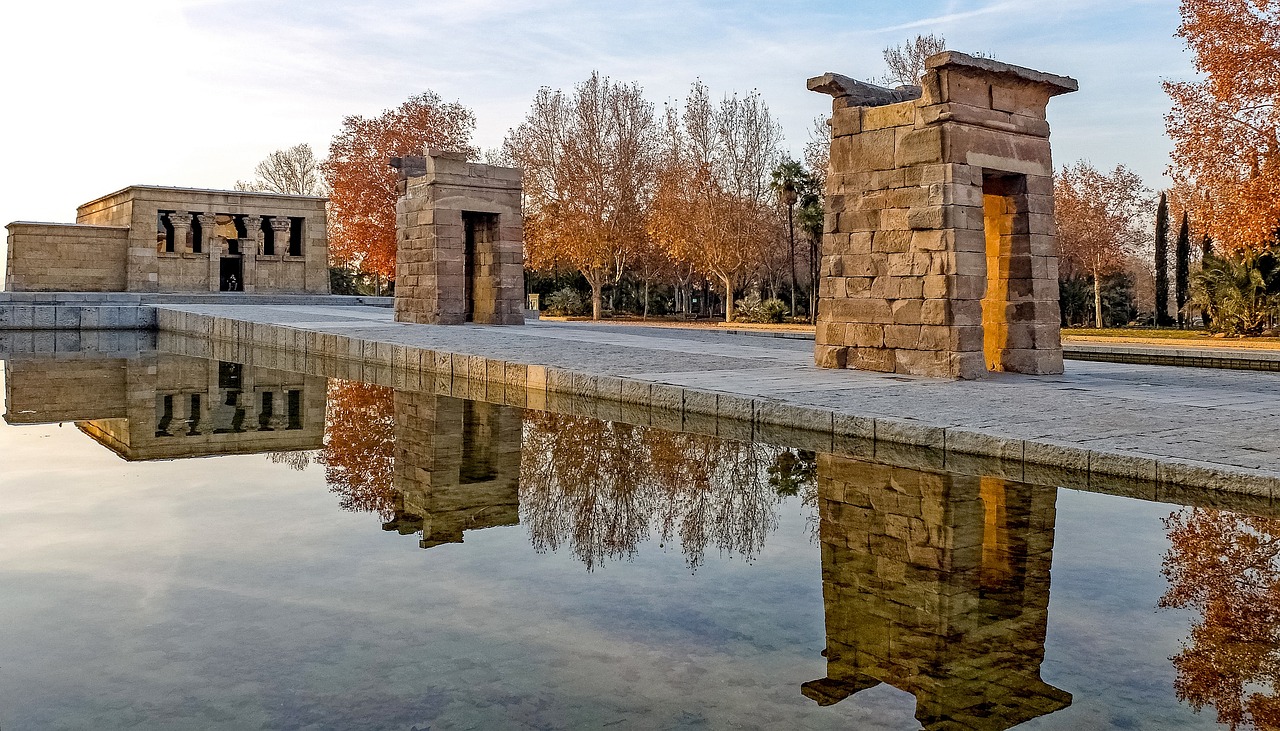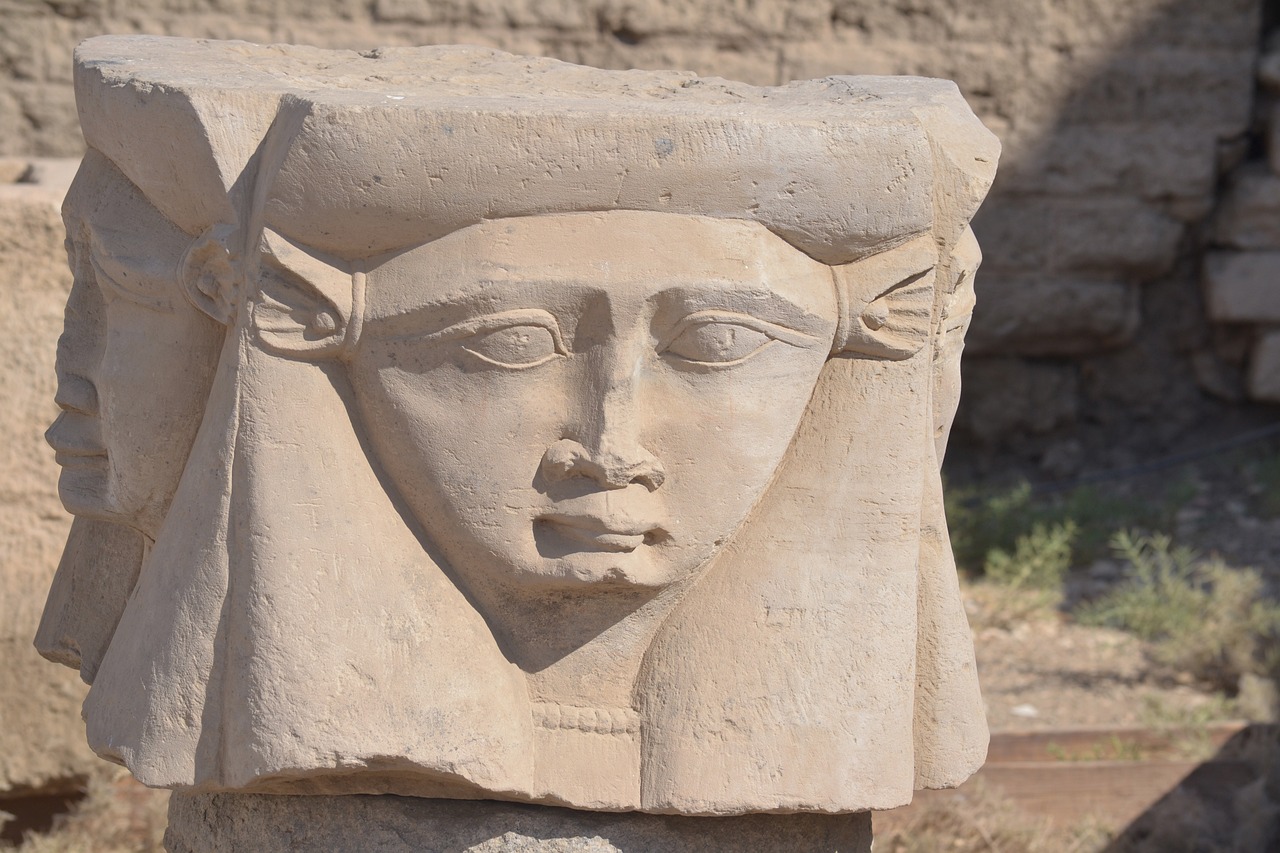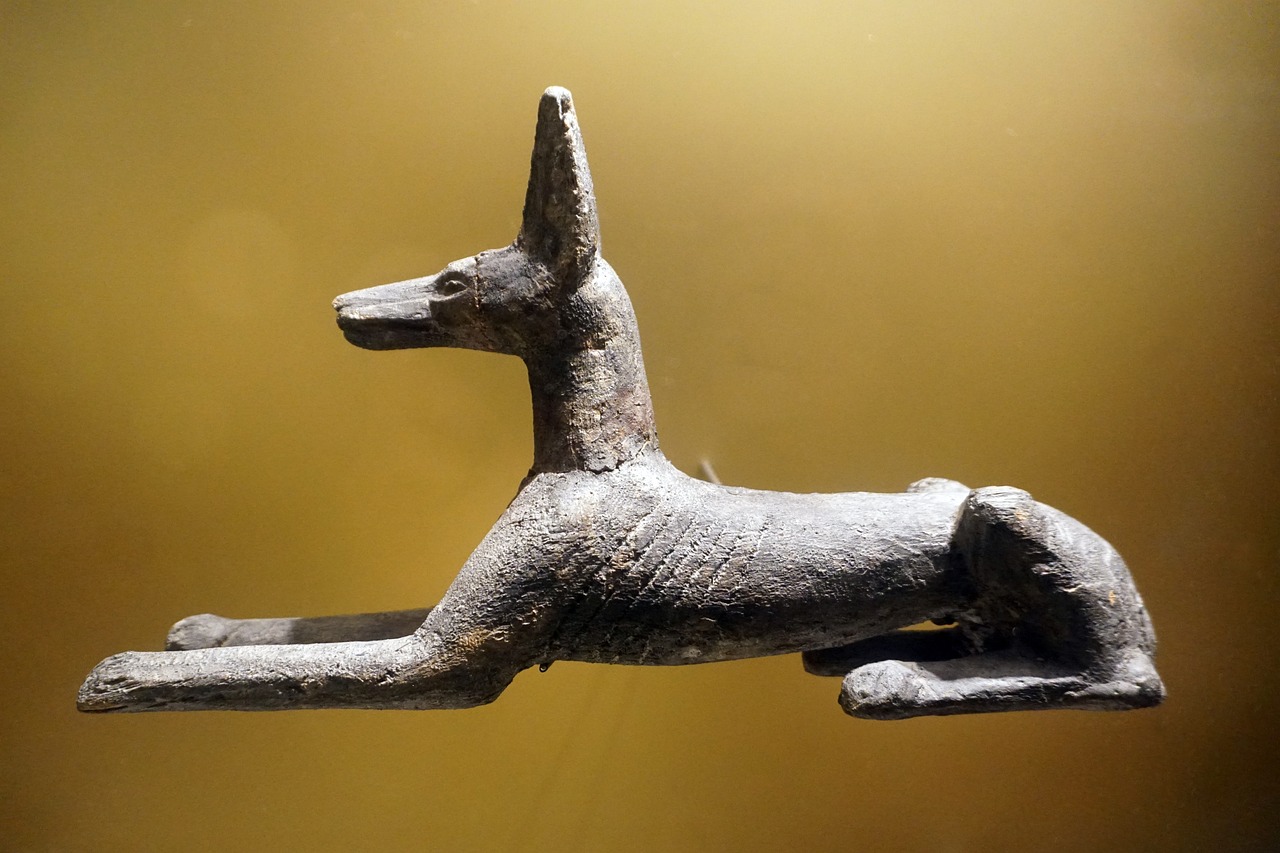Author: Sun WuKong
-
Janus, a distinct figure in ancient Roman mythology, serves as the deity of doors and transitions. He symbolizes the pivotal moments between what was and what is yet to come, existing in the liminal space that signifies change. Ancient Romans recognized the necessity of divine beings for various aspects of life, including Poseidon overseeing the…
-
Amon, also known as Amun, Amen, or Ammon, is an ancient Egyptian deity esteemed as the sovereign of the gods. Initially recognized as one of the deities in the Hermopolite creation narrative, his following expanded in Thebes, where his influence grew significant under the reign of Mentuhotep I (2008–1957 BCE). During this time, Amon was…
-
Hathor, a prominent and revered goddess within the realm of ancient Egyptian mythology, is characterized by numerous roles and attributes that unveil a fascinating aspect of her persona. This article delves into the myths, symbolism, and powers attributed to Hathor, the Egyptian goddess of love and music, among other domains. Who is Hathor? Hathor, often…
-
Celtic religion encompasses the rites and beliefs held by the ancient Celts, a group that played a significant role in early European history. This Indo-European people peaked around the 4th century B.C., when they inhabited vast territories that stretched from Britain to Asia Minor. However, their decline began around the 3rd century B.C., exacerbated by…
-
Tang Seng, known in the West as Tripitaka (唐三藏 táng sān zàng), is a pivotal figure in the classical Chinese novel “Journey to the West” (西游记 xī yóu jì). This narrative chronicles Tang Seng’s arduous expedition to India to retrieve a collection of Buddhist texts aimed at disseminating Buddhist principles throughout his homeland. Accompanying him…
-
Anubis: The Ancient Egyptian God of the Afterlife Exploring the beliefs and lore surrounding Anubis, the deity connected with death, mummification, and the Underworld, opens a window into ancient Egyptian culture. Anubis, depicted as a man with the head of a jackal or dog, was regarded as the protector of souls entering the Underworld, known…
-
In my previous discussion on the deity Ptah, I focused on his appearance and context, akin to a “Spotter’s Guide to Egyptian Deities.” Today, however, I wish to delve into the significance of Ptah and his essential role within the ancient Egyptian belief system. Recognized as a maker of various creations, Ptah’s influence spans both…
-
Cú Chulainn, pronounced as Koo-kul-in, also known as Cúchulainn, stands as one of the most celebrated figures within Irish-Celtic mythology, prominently featured in the Ulster Cycle. He is the son of Lugh, another legendary hero in Irish lore, and wields the formidable weapon Gáe Bolga, a spear capable of inflicting thirty wounds with a single…
-
Hades: The Underworld in Greek Mythology Hades, known in Greek as δομος Αιδαο (domos Aïdao), represents the realm of the dead, serving as the final abode for souls who have departed this world. It is portrayed as a shadowy, bleak place where spirits wander amongst the gray asphodel fields. Unlike later interpretations that introduced concepts…
-
Exploring the Themes of Medea Medea, a character marked by intense emotions and extreme actions, embodies the dichotomy of passionate love and vengeful rage. Her initial devotion to Jason leads her to make horrific sacrifices, yet his betrayal triggers a transformation that unleashes her wrath. This play illustrates the consequences of unchecked emotions, a concept…









